This article is brought to you by StatBanana, the best Dota 2 strategy tool.
Dota 2 developer Valve has confirmed the Dota Pro Circuit will introduce a new regional league system that will focus on keeping matches more scheduled and consistent, while also promoting the development of second and third-tier talent.
This means that Minor tournaments are being completely removed in favor of forming Regional Leagues that will compete in three individual “seasons” over the course of a normal DPC year. Each season will lead to a Major, where the best teams from each of the usual six regions will compete for spots at The International.
The Regional League and Divisions
There will be both Upper and Lower Divisions in each region, with eight teams residing in both brackets. That will form a total of 96 teams competing in the new version of the DPC each year.
At the end of each of those three seasons within the DPC calendar year, the bottom two teams from the Upper Division will be relegated to the Lower Division, while the top two rosters form the Lower Division will take their place. This will keep the talent in the highest level of Dota competition from being stale and gatekeeping new rosters due to early dominance.
The bottom two teams from the Lower Division will also be eliminated from the league and replaced by two teams who qualify through an open qualifier tournament held within the region.
Each league will also have a total prize pool of $280,000 per season, which will be split among both divisions. Here is how each division will pay out in both prize money and DPC points, along with the additional notes for each placement.
Upper Division
| 1st Place | $30,000 | 500 DPC points | Qualifies to the Major Playoffs |
| 2nd Place | $28,000 | 300 DPC points | Qualifies to the Major Group Stage |
| 3rd Place | $27,000 | 200 DPC points | Qualifies to the Major Wild Card Stage |
| 4th Place | $26,000 | 100 DPC points | Qualifies to the Major Wild Card Stage |
| 5th Place | $25,000 | 50 DPC points | |
| 6th Place | $24,000 | N/A | |
| 7th Place | $23,000 | N/A | Relegated to Lower Division |
| 8th Place | $22,000 | N/A | Relegated to Lower Division |
Lower Division
| 1st Place | $17,000 | Promoted to Upper Division |
| 2nd Place | $16,000 | Promoted to Upper Division |
| 3rd Place | $15,000 | |
| 4th Place | $11,000 | |
| 5th Place | $9,000 | |
| 6th Place | $7,000 | |
| 7th Place | N/A | Eliminated from Lower Division |
| 8th Place | N/A | Eliminated from Lower Division |
For a team to be eligible for participation in any region, three of the five players on their roster need to reside in the region that they are competing in. Along with that, teams can use stand-in players for up to four of their matches as long as the stand-in is not competing in the Upper Division of the DPC.
All rosters will be locked for the duration of each season (start of a season to the end of a Major,) which means no roster moves are allowed. After the Major concludes and until the beginning of the next season, roster changes will be enabled, but each change will incur a 15 percent penalty on the team’s current DPC points total.
If a team decides to region swap at any point during an ongoing DPC season, that team will be removed from their current DPC Division and placed into the open qualifiers of their new region, meaning they will have to play into the Lower Division and work their way up. This is going to be used as a major deterrent to mid-season region swapping, which has been happening pretty frequently.
Major Changes
Each season will conclude with a Major tournament, featuring 18 teams from all regions and a prize pool of $500,000. The 18 participating teams are going to be from the top placements of each regional Upper Division, which will have fixed slots allocated to them.
- Europe and China: Four slots.
- North America and Southeast Asia: Three slots.
- CIS and South America: Two slots.
There will also be a change to how the opening round of the Majors will be run, which essentially turns them into a best-of-two elimination tournament in and of itself. This Wildcard format will encompass six teams, with the top two making it into the Group Stage.
- EU League 3rd place
- EU League 4th place
- CN League 3rd place
- CN League 4th place
- NA League 3rd place
- SEA League 3rd place
The group stage will also be a best-of-two round-robin, with the top two teams making it into the playoffs through the upper bracket, while the bottom two teams are eliminated. The remaining teams will be thrown into the fire that is the lower bracket elimination round.
The top team from each region’s league will also receive a bye through the group stage directly into the upper bracket of the playoffs.
Upper Bracket:
- EU League (first place)
- CN League (first place)
- SEA League (first place)
- SA League (first place)
- NA League (first place)
- CIS League (first place)
- Group Stage (first place)
- Group Stage (second place)
Lower Bracket:
- Group Stage – (third place)
- Group Stage – (fourth place)
- Group Stage – (fifth place)
- Group Stage – (sixth place)
And here is how the prize distribution for each Major will be handled.
| 1st Place | $ 200,000 | 500 DPC points |
| 2nd Place | $100,000 | 450 DPC points |
| 3rd Place | $75,000 | 400 DPC points |
| 4th Place | $50,000 | 350 DPC points |
| 5th Place | $25,000 | 300 DPC points |
| 6th Place | $25,000 | 300 DPC points |
| 7th Place | $12,500 | 200 DPC points |
| 8th Place | $12,500 | 200 DPC points |
At the end of the third season, the top 12 teams with the most DPC points across all regions will qualify directly for The International 2021. All remaining spots will be decided through regional, final chance qualifiers, as per usual.
However, instead of hosting open qualifiers to see who will have a chance to claim the last tickets to TI11, the top eight teams who were not already invited will make up the roster of the final chance qualifiers for each region.
Here are the post-TI10 dates you need to know, which is when each season will begin and the date of each Major.
- S1 Fall League: Oct. 5th – Nov. 15th
- S1 Major: Dec. 7th – 19th
- S2 Winter League: Jan. 4th – Feb. 14th
- S2 Major: March 8th – 20th
- S3 Spring League: April 12th – May 23rd
- S3 Major: June 21st – July 3rd
For a full list of details you can view the original announcement directly on the official Dota 2 website. None of these changes will directly impact the 2019-20 DPC season, which is currently underway.


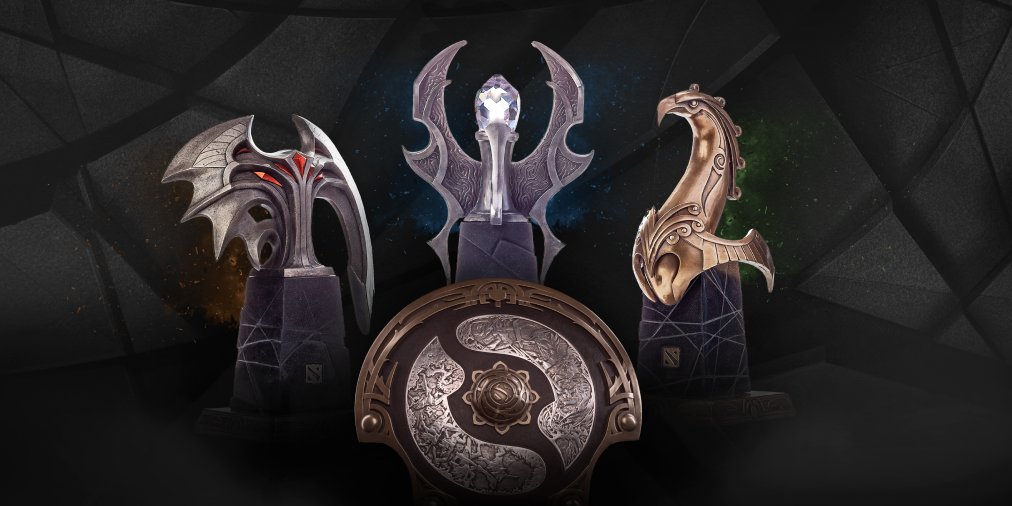


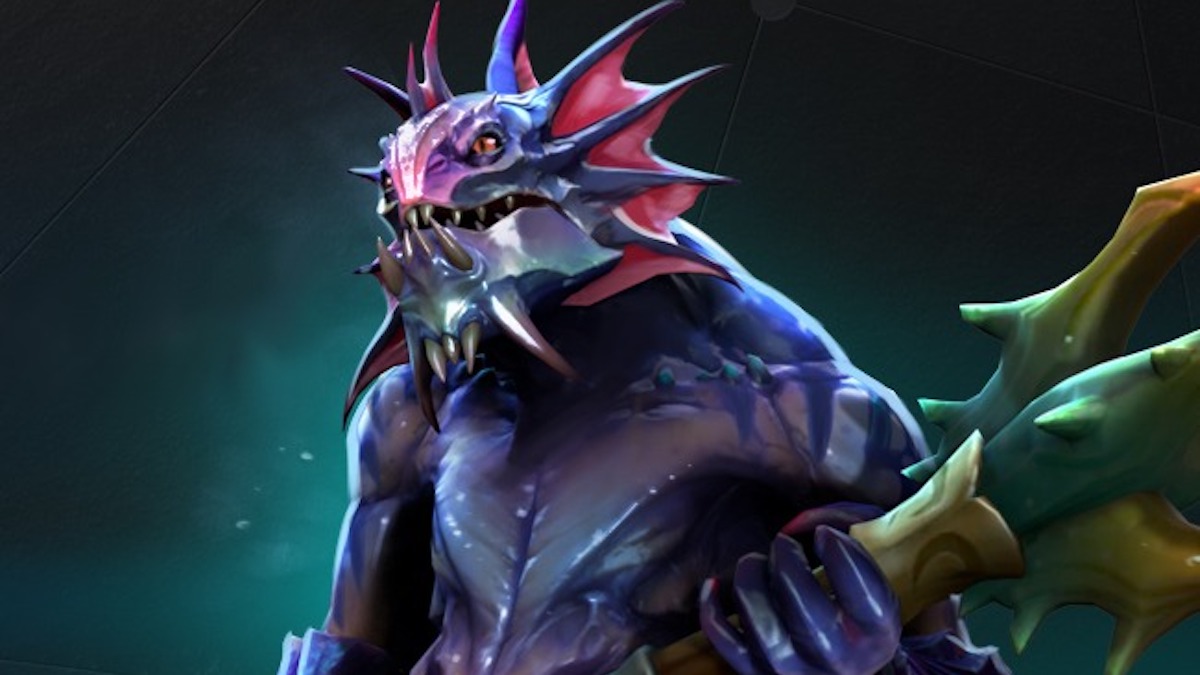
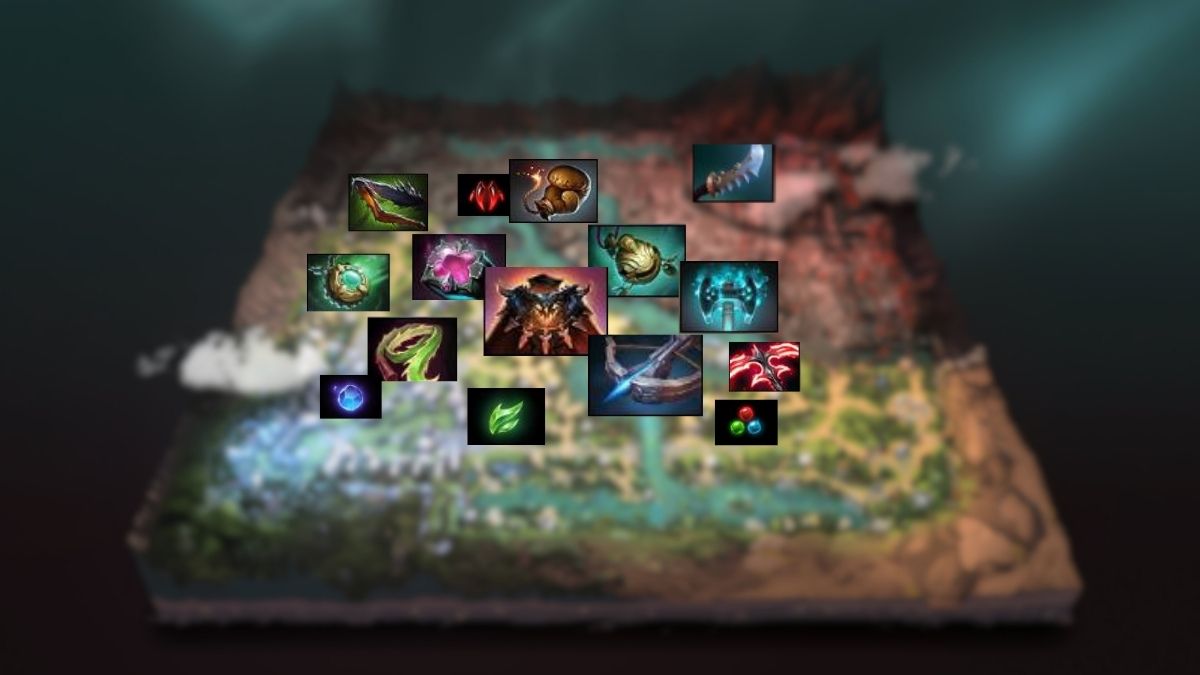
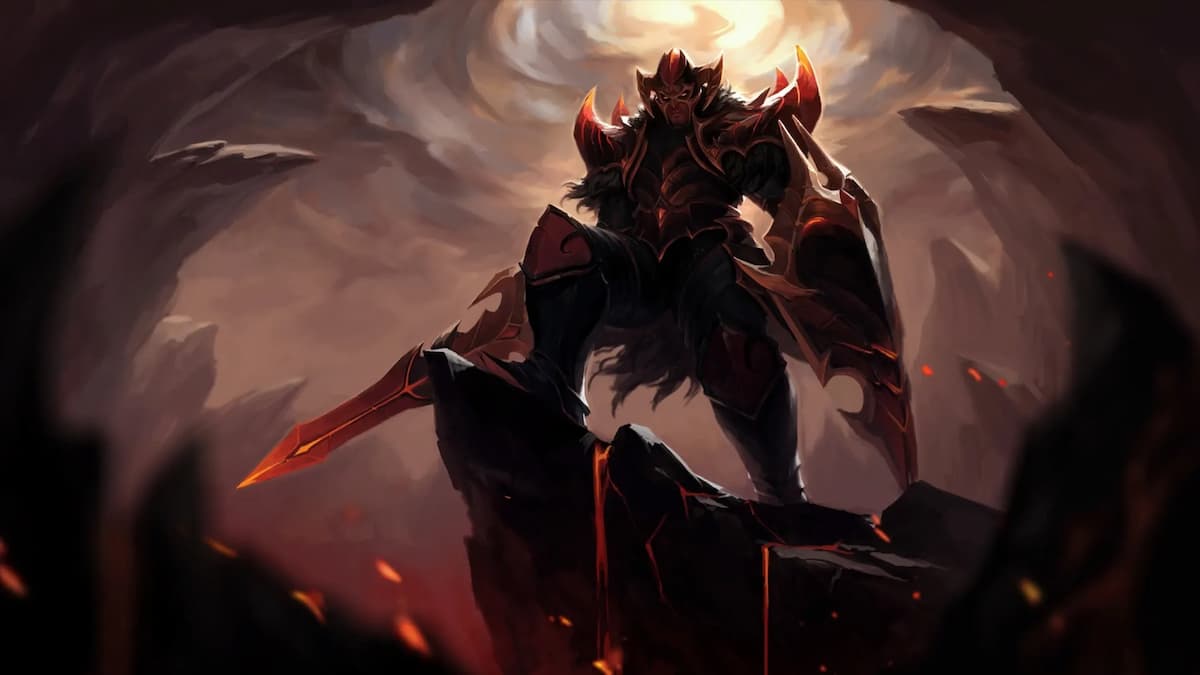
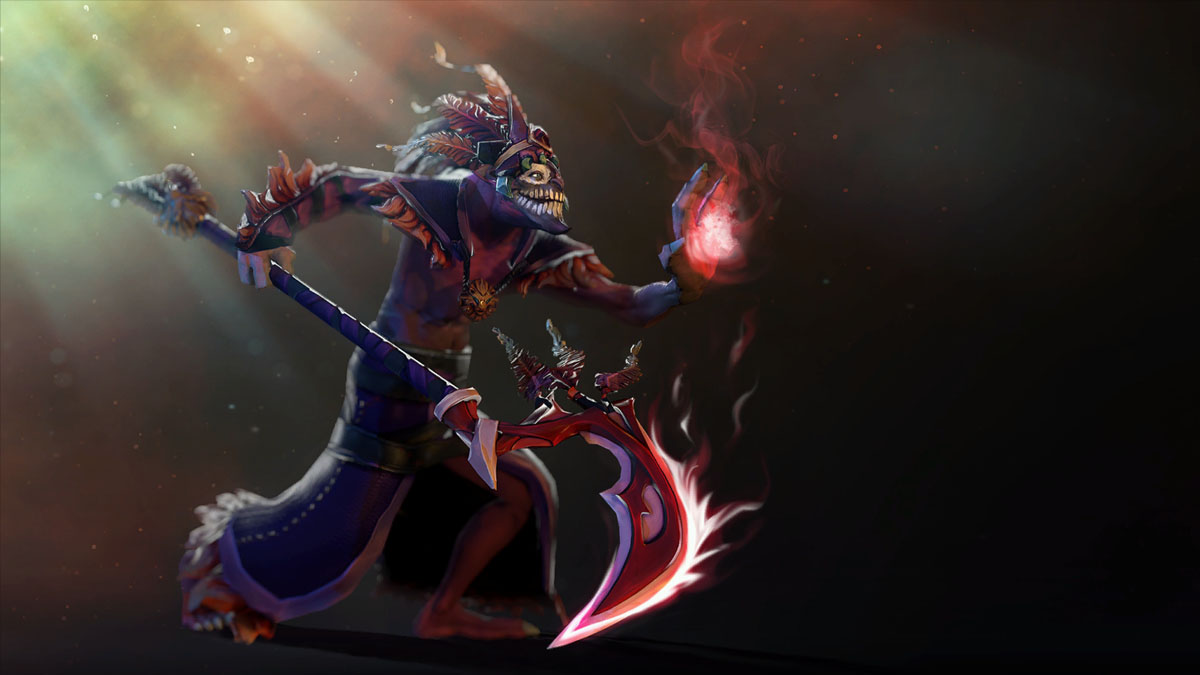
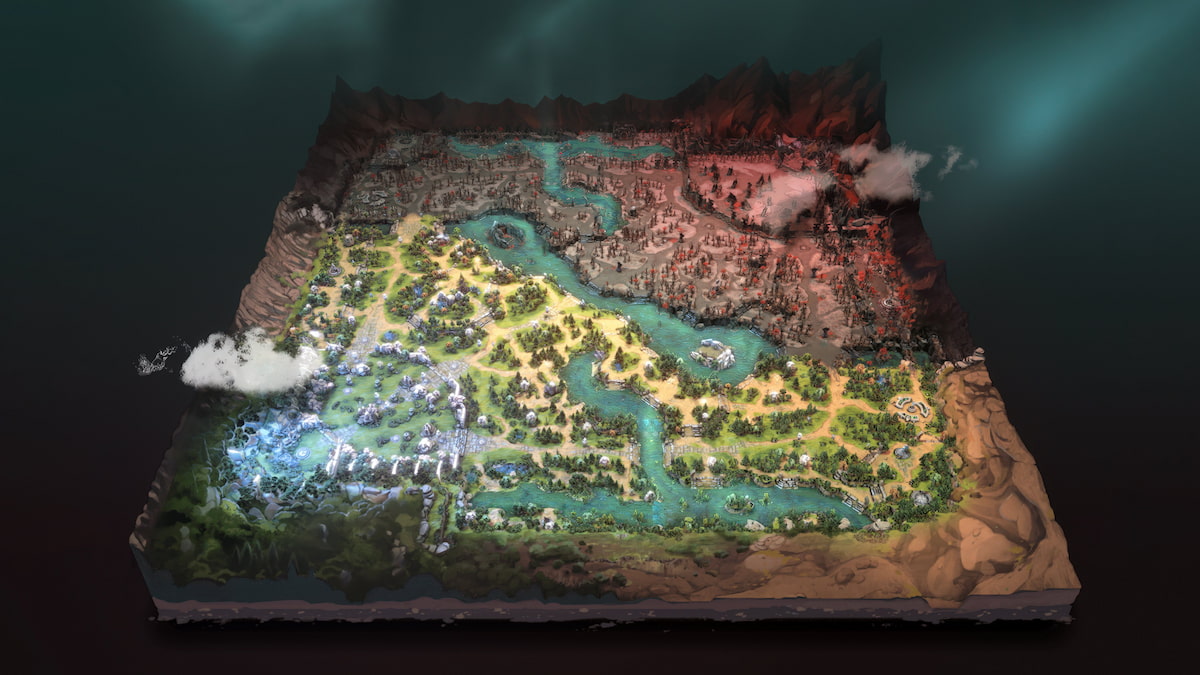
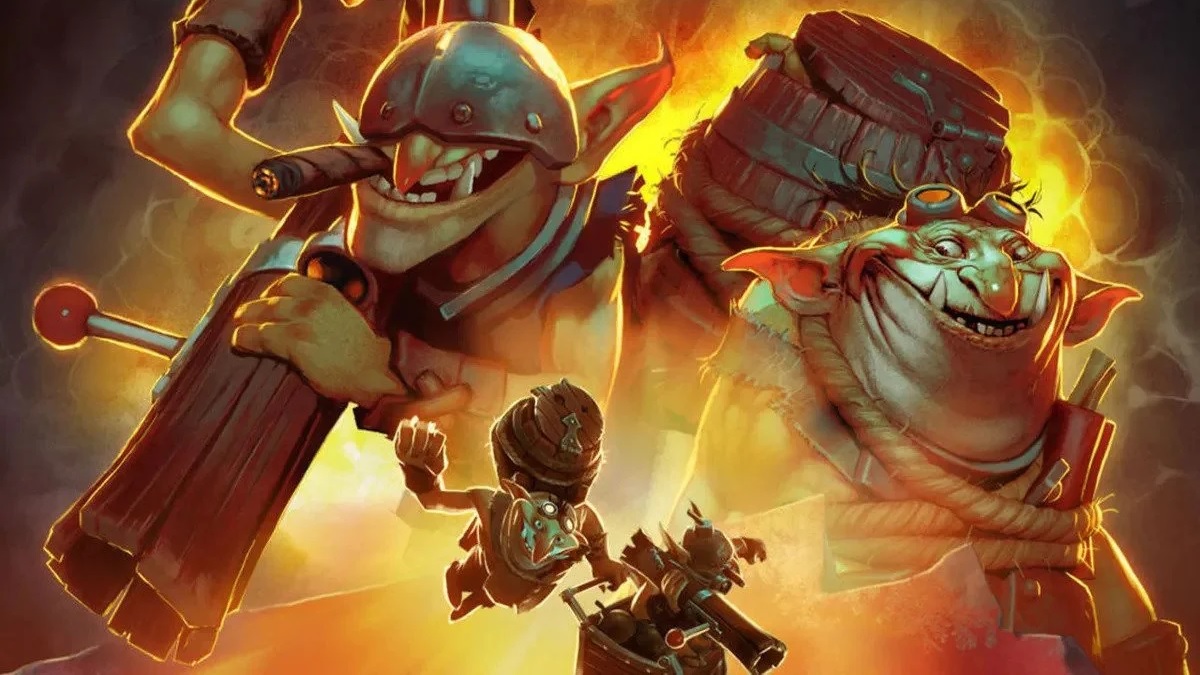
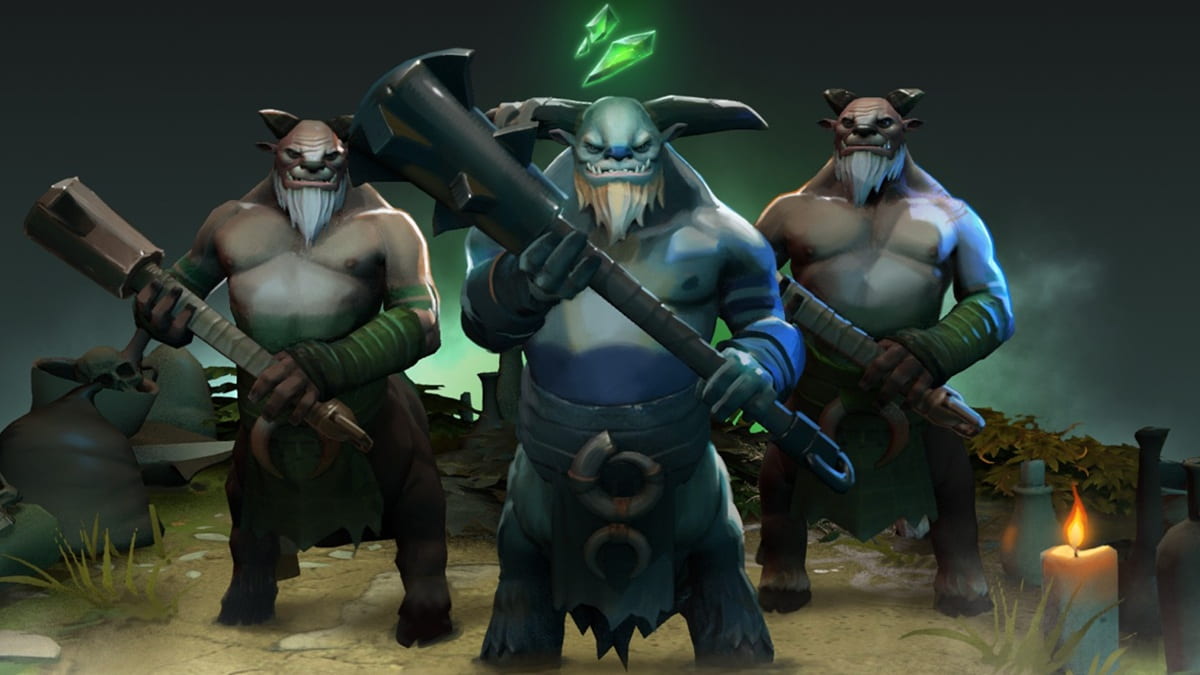
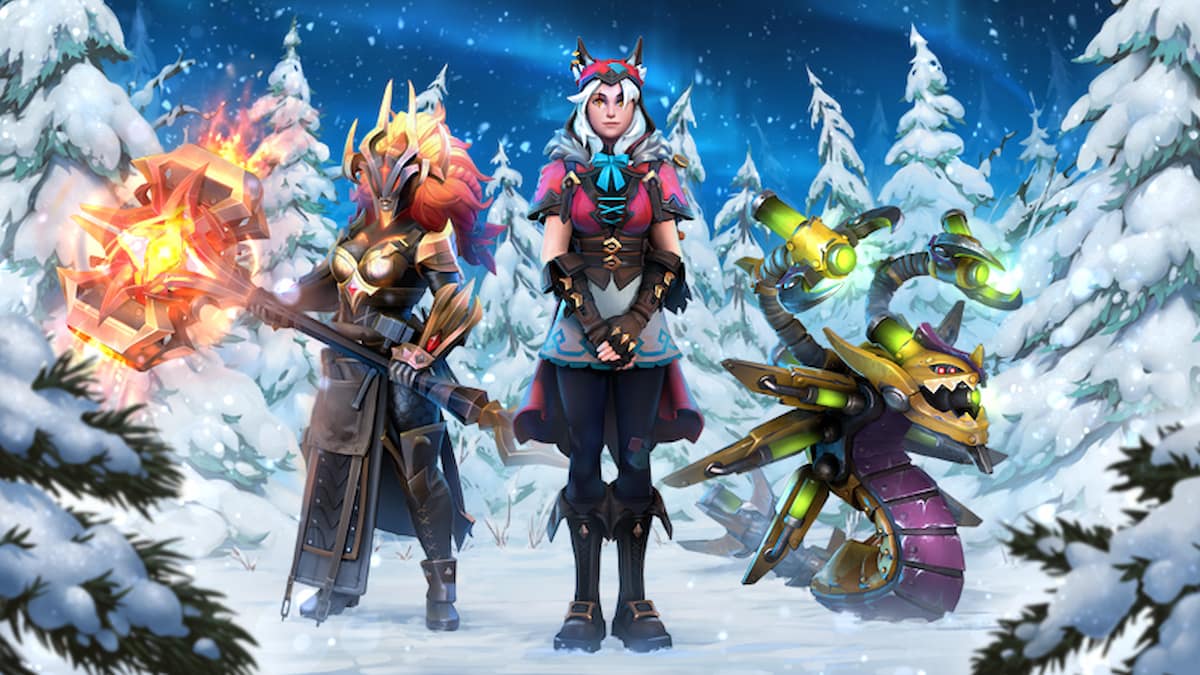

Published: Feb 25, 2020 09:53 pm